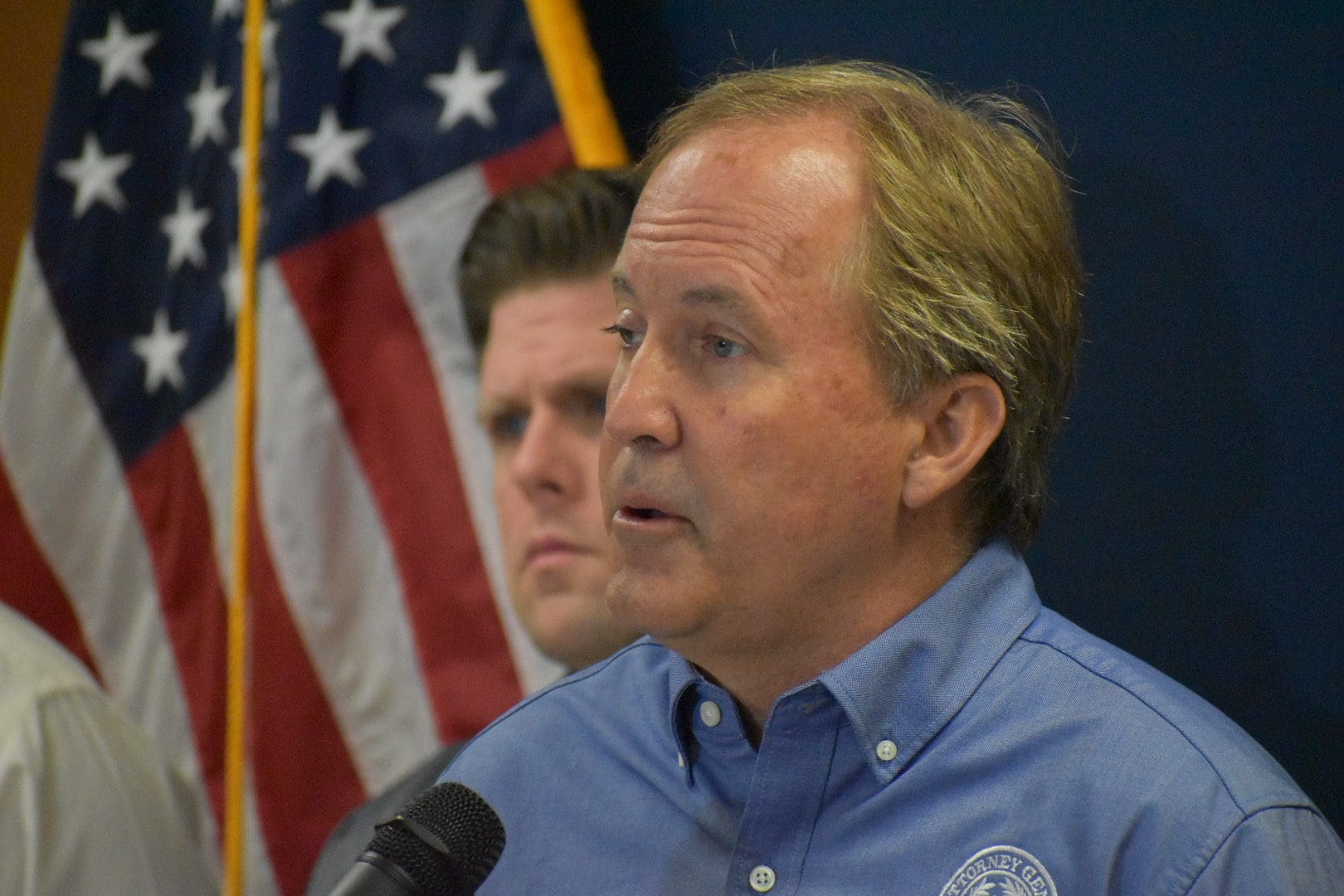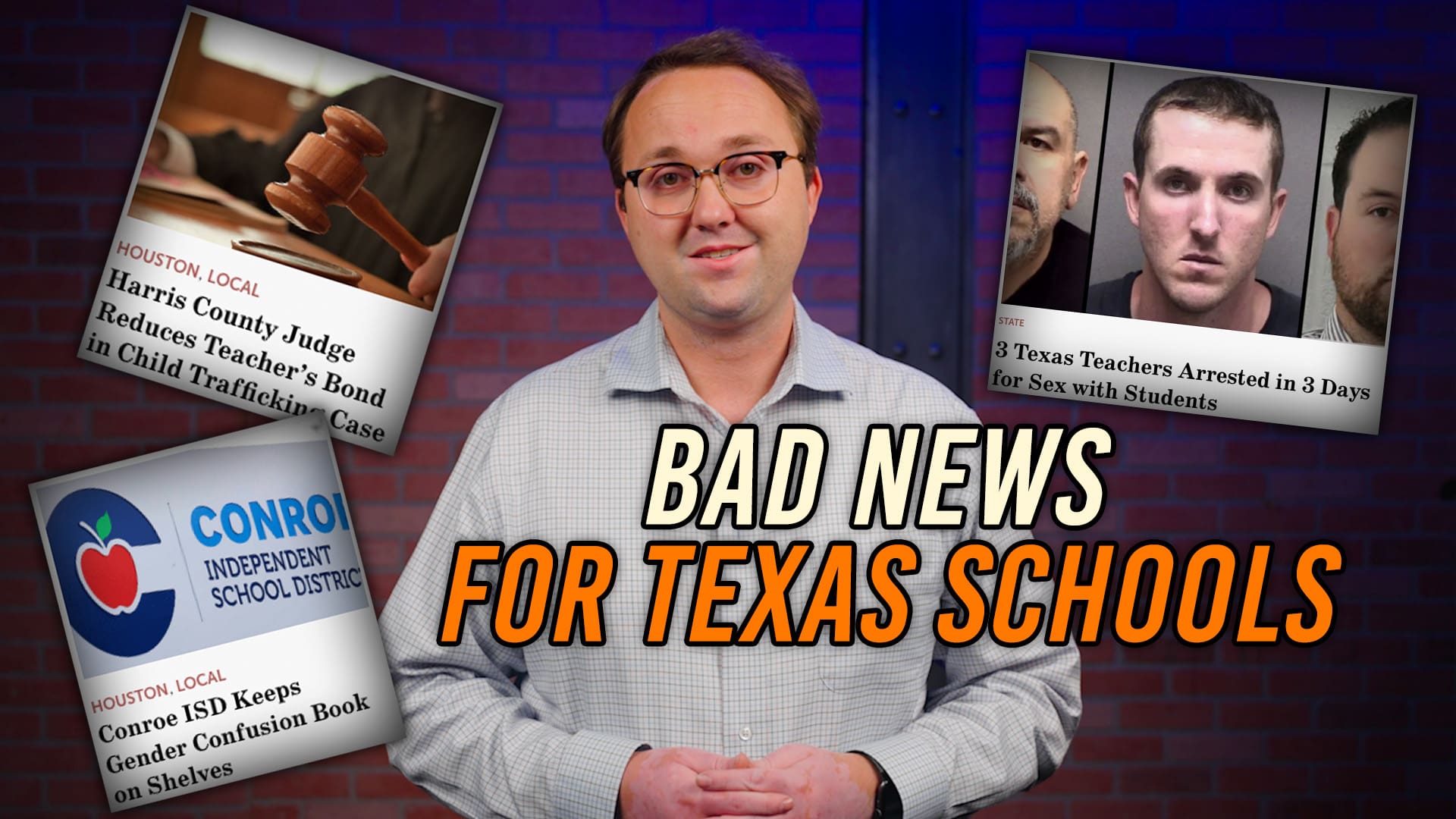After more than a year of fighting, legal maneuvering, and playing politics with the petition process, city council heard public testimony on the upcoming agenda item to place Houston firefighters’ pay parity petition on the November ballot.
As a reminder, the issue at hand is a petition that the Houston Professional Fire Fighters Association submitted over a year ago, demanding that the city put to a vote whether or not pay in the Houston Fire Department should mirror that of the Houston Police Department.

At times during today’s testimony, as it has over the past year, the conversation veered off into the merits of the petition, work requirements of the departments, data points, and dollar figures. But by and large, testimony continued to redirect the conversation to the actual issue – Mayor Sylvester Turner’s reluctance to honor a validated petition.
Greg Pollite, Houston Black Fire Fighters Association 1st Vice President, put it best:
“The citizens of Houston have spoken regarding placing pay parity on the ballot. We the members of the Houston Fire Department are not asking you for a handout. We are only asking for fair, transparent, and honest city government policies and practices, the same policies and practices that you hold us to when we do our job.”
He ended with a quote from Martin Luther King, Jr., “Our lives begin to end when we become silent about the things that matter.” He added, “We pray and we hope that you vote in favor.”
Pollite’s comments couldn’t be more accurate. No city official, whether it’s the mayor or the governor, should be able to stand in the way of a process protected under our constitutions.

The issue began when the firefighters initially delivered their petition to City Secretary Anna Russell in July of 2017. Rightfully, the administration argued that they couldn’t count the firefighter petition because there were, at the time, two other petitions ahead of it. When it became apparent that the petition was not going to be counted, the firefighters sued. They won, and the city was given a deadline to count the petition signatures. When the deadline approached, they asked for an extension. When the signatures were finally verified, the mayor argued it was impossible to place an item on the ballot if he couldn’t define the meaning of it. That delay bought him another few months.
Frustrated, a few council members who had worked to get the item approved in time for this November’s ballot called a special meeting to discuss the issue. With his power waning, the mayor had the Budget and Fiscal Affairs committee post a meeting to discuss the issue and scolded the council members who challenged him.
The meeting amounted to no more than a show. One after another, opponents — many requested to appear by BFA committee chair Dave Martin — testified about the fiscal burdens that the item would impose and other regurgitated arguments heard over the past year. The firefighters sued again, won, but were rebuked by an appeals court.
Now, the item is finally up for a vote by council tomorrow, August 8, but unsurprisingly the mayor has an eleventh-hour trick to attempt to thwart their efforts one last time.
Turner placed three ballot items on the agenda tomorrow: one calling for an election on the firefighter’s petition for November 6, 2018; another, only to be consider if the first item fails to pass, for the petition to be on the November 5, 2019 ballot; and one for a November 6, 2018 election for the city’s Pay-As-You-Go fee, or Rain Tax, which was struck down by the Supreme Court of Texas last year.
State law prohibits any city charter from being “altered, amended, or repealed oftener than every two years.” This means that if council chooses the 2019 ballot date for the firefighter petition and voters approve the Rain Tax renewal this November, the firefighter petition cannot be voted on in 2019 because it would have been less than two years since the last charter amendment was approved.
It’s a last-ditch effort to do what the mayor has been attempting to do all along: delay a petition that he doesn’t approve of. Therein lies the problem.
Citizens’ right to petition extends to every level of government and is not dependent on the approval of some bureaucrat or elected official. Petitions are one of the most common and effective ways of citizens to communicate with and alter their government. Even back in 1642, the Massachusetts Body of Liberties realized the importance of this and provided the explicit right to petition government, being the first colonial charter to do so.
That most basic right, regardless of one’s support of the actual petition question, is meant to ensure that citizens always have a voice in the direction and actions of their government, and under no circumstances should citizens allow that to be delayed or denied.
While this fight began about equal pay between two governmental departments, it became much more than that. It became a fight to hold elected official accountable, show them they cannot unilaterally deny the rights of the public, and demand that they adhere to the most basic rights of the citizenry.
To reaffirm that notion, City Council should vote loudly, clearly, and unanimously tomorrow to place the firefighters’ petition on this November’s ballot and end the unacceptable delay by Turner’s administration.




